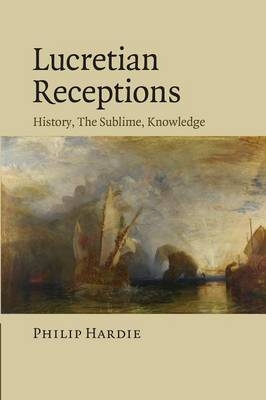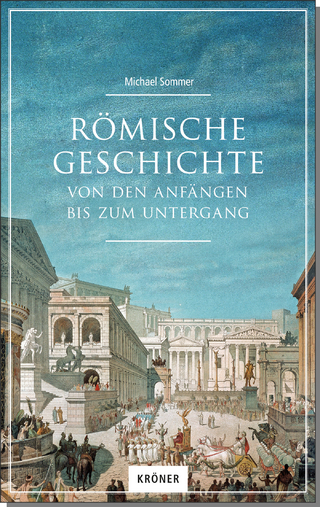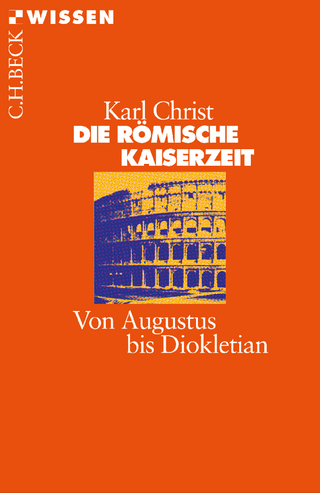
Lucretian Receptions
Cambridge University Press (Verlag)
978-1-107-48532-7 (ISBN)
Lucretius' 'De rerum natura', one of the greatest Latin poems, worked a powerful fascination on Virgil and Horace, and continued to be an important model for later poets in antiquity and after, including Milton. This innovative set of studies on the reception of Lucretius is organized round three major themes: history and time, the sublime, and knowledge. The 'De rerum natura' was foundational for Augustan poets' dealings with history and time in the new age of the principate. It is also a major document in the history of the sublime; Virgil and Horace engage with the Lucretian sublime in ways that exercised a major influence on the sublime in later antique and Renaissance literature. The 'De rerum natura' presents a confident account of the ultimate truths of the universe; later didactic and epic poets respond with varying degrees of certainty or uncertainty to the challenge of Lucretius' Epicurean gospel.
Philip Hardie is a Senior Research Fellow at Trinity College and Honorary Professor of Latin Literature in the University of Cambridge. He is a Fellow of the British Academy. His previous publications include Virgil's Aeneid: Cosmos and Imperium (1986), Virgil's Epic Successors (1993), and Ovid's Poetics of Illusion (2002). He is editor of The Cambridge Companion to Ovid (2002) and co-editor of The Cambridge Companion to Lucretius (2007).
Introduction; Part I. Time, History, Culture: 1. Cultural and historical narratives in Virgil's Eclogues and Lucretius; 2. Virgilian and Horatian didactic: freedom and innovation; Part II. Sublime Visions: 3. Virgil's Fama and the Lucretian and Ennian sublime; 4. The Speech of Pythagoras in Ovid Metamorphoses 15: Empedoclean epos; 5. Lucretian visions in Virgil; 6. Horace's sublime yearnings; Lucretian ironies; Part III. Certainties and Uncertainties: 7. Lucretian multiple explanations and their reception in Latin didactic and epic; 8. The presence of Lucretius in Paradise Lost.
| Zusatzinfo | Worked examples or Exercises; Printed music items |
|---|---|
| Verlagsort | Cambridge |
| Sprache | englisch |
| Maße | 151 x 230 mm |
| Gewicht | 450 g |
| Themenwelt | Geschichte ► Allgemeine Geschichte ► Altertum / Antike |
| Geisteswissenschaften ► Geschichte ► Regional- / Ländergeschichte | |
| Geisteswissenschaften ► Sprach- / Literaturwissenschaft ► Anglistik / Amerikanistik | |
| Geisteswissenschaften ► Sprach- / Literaturwissenschaft ► Literaturwissenschaft | |
| ISBN-10 | 1-107-48532-0 / 1107485320 |
| ISBN-13 | 978-1-107-48532-7 / 9781107485327 |
| Zustand | Neuware |
| Haben Sie eine Frage zum Produkt? |
aus dem Bereich


